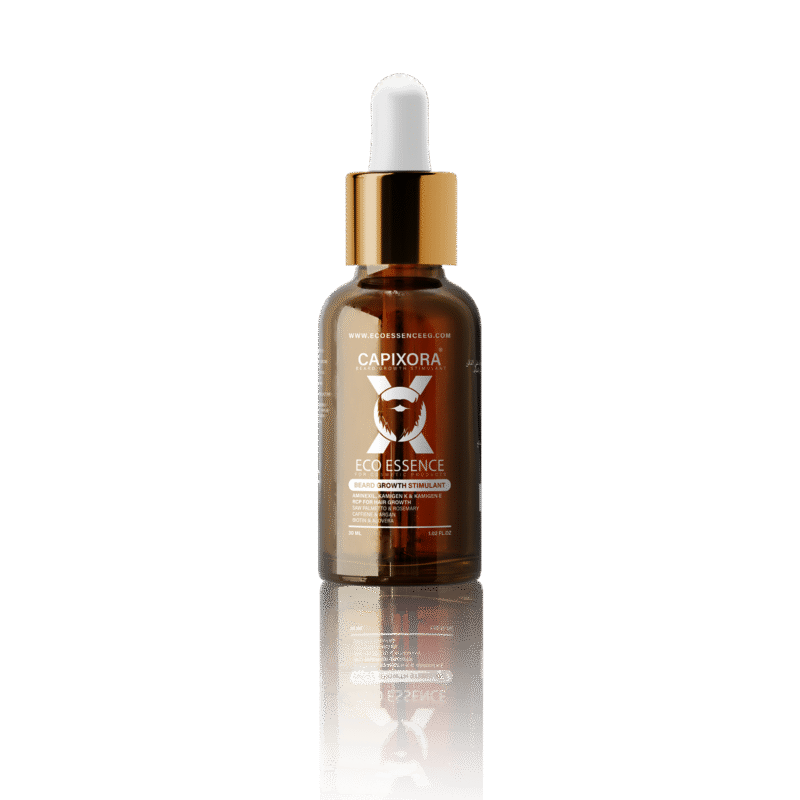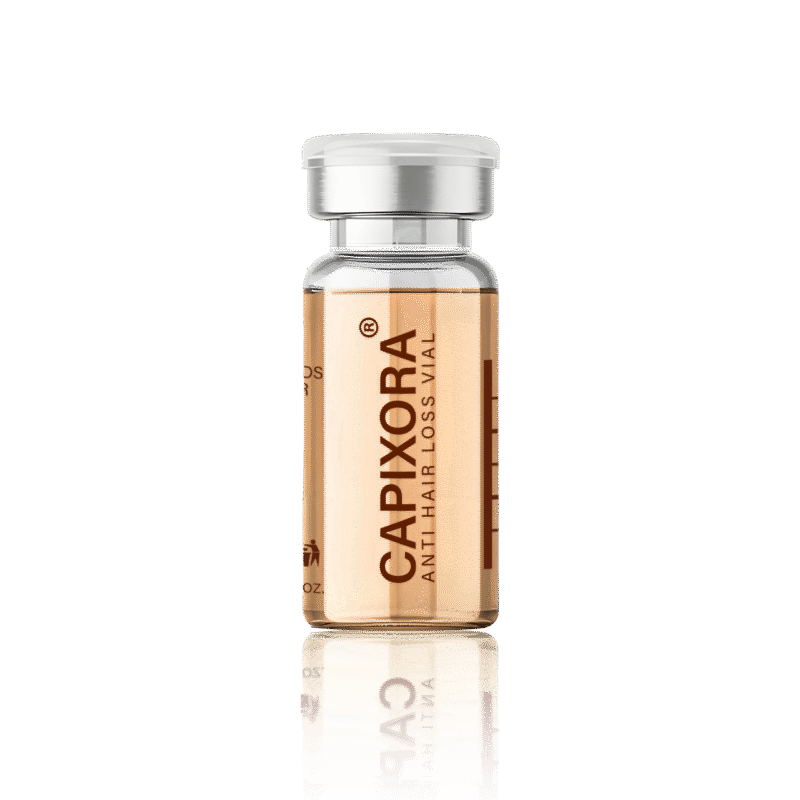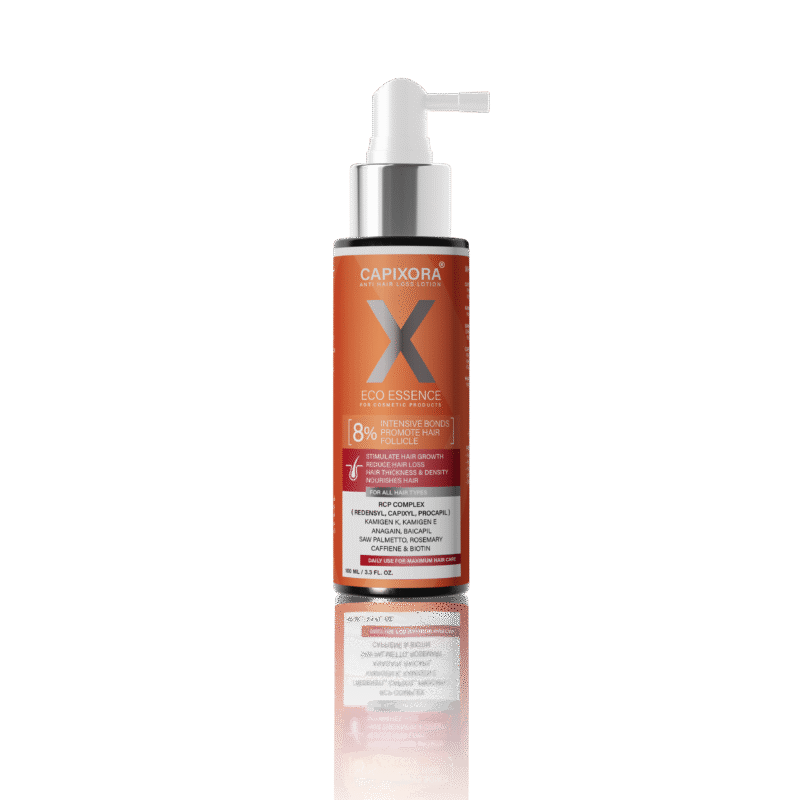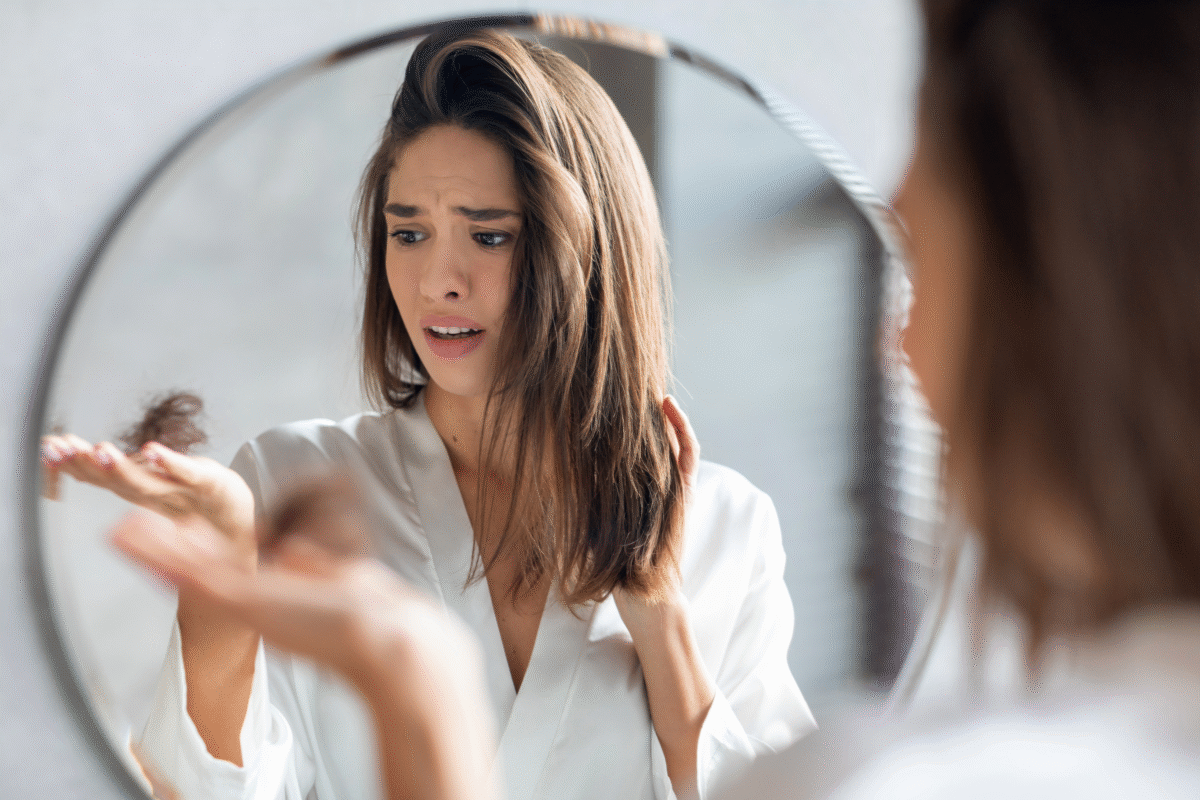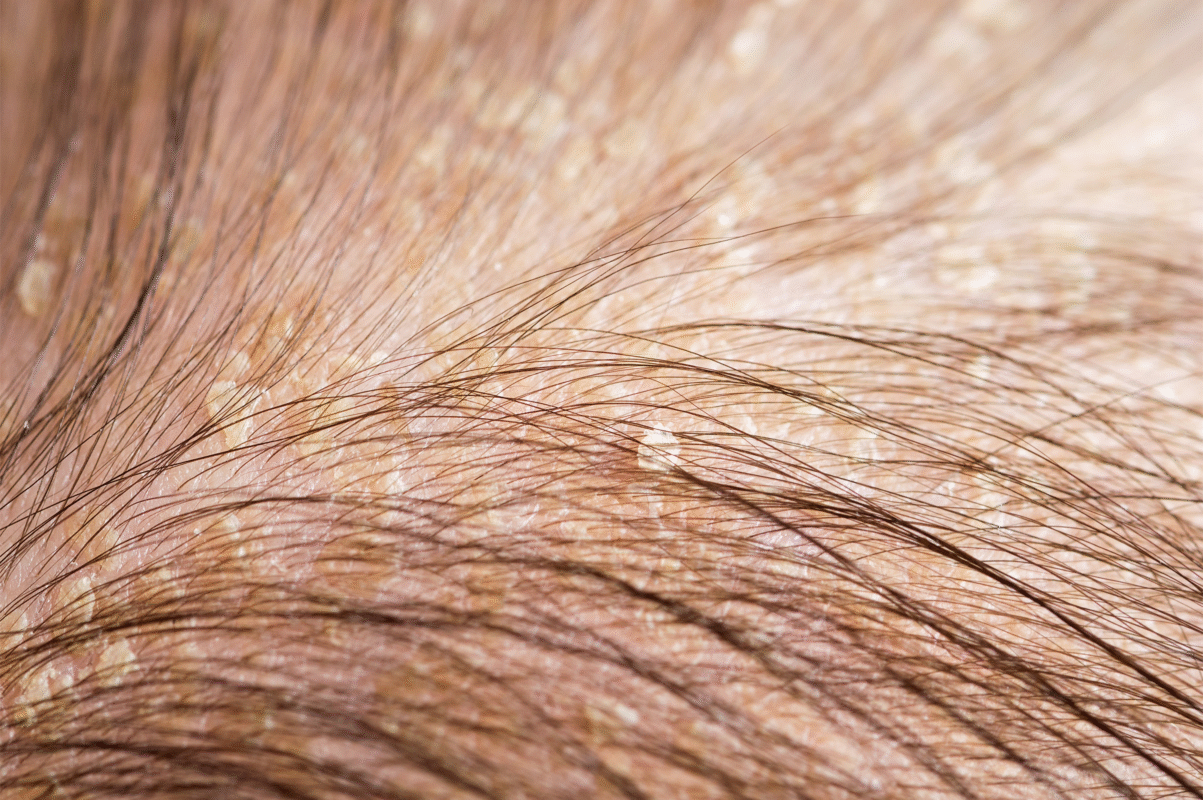The Connection Between Vitamin D and Hair Loss: What You Need to Know

Hair loss is a common concern that affects millions of people worldwide. While factors like genetics, stress, and hormonal imbalances often take the spotlight, one lesser-known but significant contributor to hair health is vitamin D. This essential nutrient plays a crucial role in overall health, and its deficiency has been linked to hair thinning and loss. In this blog, we’ll explore the connection between vitamin D and hair loss, how it works, and what you can do to maintain healthy levels for stronger, fuller hair.
What is Vitamin D and Why is it Important?
Vitamin D, often referred to as the “sunshine vitamin,” is a fat-soluble vitamin that helps the body absorb calcium and phosphorus, supporting bone health, immune function, and cell growth. Unlike other vitamins, vitamin D can be synthesized by the body when the skin is exposed to sunlight. It can also be obtained through certain foods and supplements.
Beyond its well-known benefits, vitamin D plays a key role in hair follicle health. Hair follicles are tiny pores in the skin from which hair grows. Vitamin D receptors are present in these follicles, and the nutrient helps stimulate hair growth by activating these receptors.
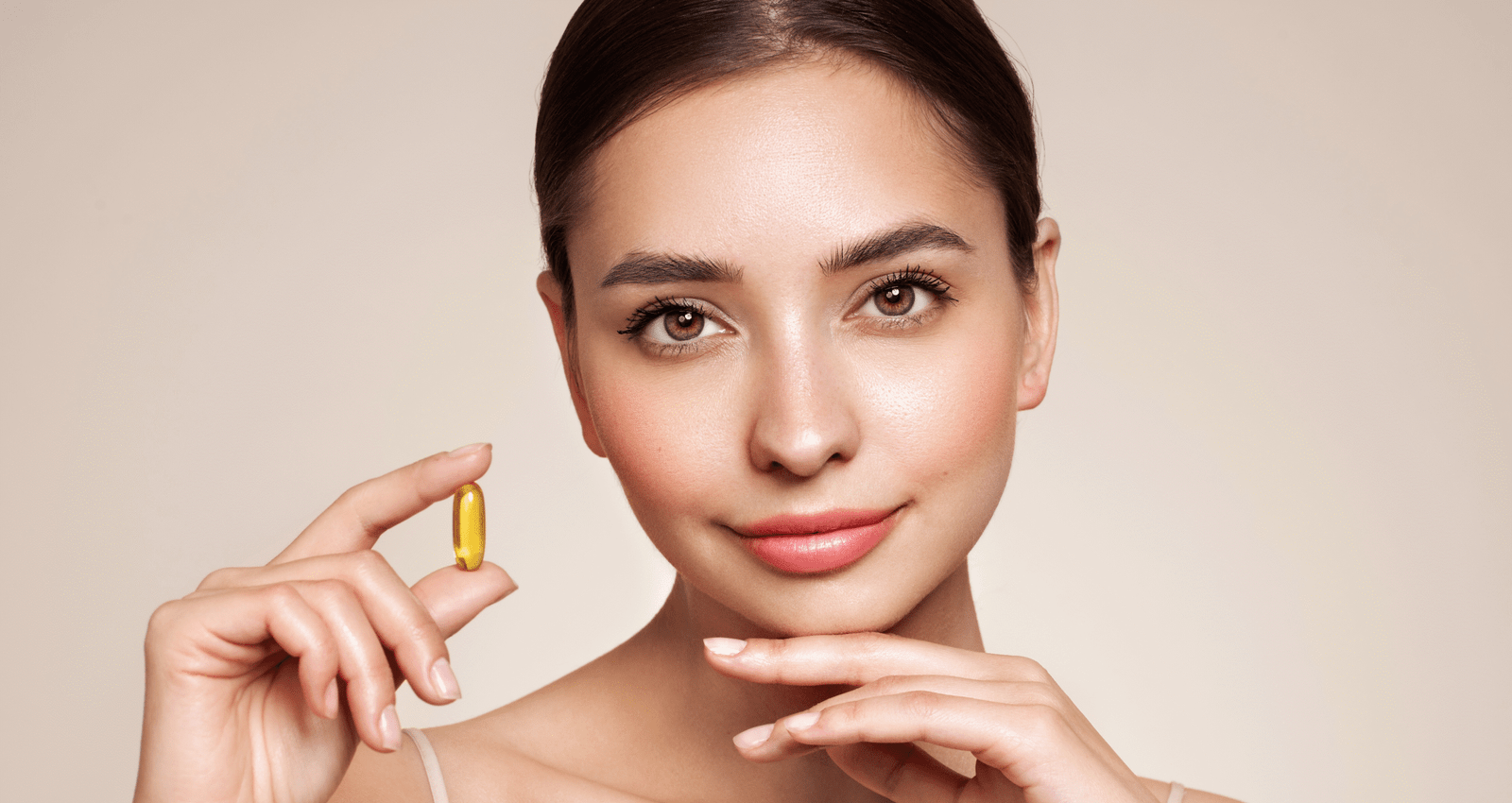
How Vitamin D Deficiency Contributes to Hair Loss
Research has shown that low levels of vitamin D are associated with several hair-related issues, including:
- Alopecia Areata
Alopecia areata is an autoimmune condition that causes patchy hair loss. Studies have found that individuals with alopecia areata often have significantly lower levels of vitamin D compared to those without the condition. - Telogen Effluvium
This is a temporary form of hair loss triggered by stress, illness, or nutritional deficiencies. Vitamin D deficiency can push hair follicles into the “resting phase” (telogen), leading to excessive shedding. - Androgenetic Alopecia
Also known as male or female pattern baldness, this type of hair loss has been linked to low vitamin D levels in some studies. Vitamin D may help regulate the hair growth cycle and reduce inflammation, which can contribute to this condition. - Impaired Hair Follicle Cycling
Vitamin D is essential for the regulation of the hair growth cycle. A deficiency can disrupt this cycle, leading to slower hair growth and increased hair loss.
How to Boost Your Vitamin D Levels for Healthier Hair
If you suspect that vitamin D deficiency might be contributing to your hair loss, there are several ways to increase your levels:
- Sun Exposure
Spending 10–30 minutes in the sun a few times a week can help your body produce vitamin D naturally. However, factors like skin tone, geographic location, and sunscreen use can affect how much vitamin D your body makes. - Vitamin D-Rich Foods
Incorporate foods high in vitamin D into your diet, such as:- Fatty fish (salmon, mackerel, sardines)
- Egg yolks
- Fortified foods (milk, orange juice, cereals)
- Mushrooms exposed to UV light
- Supplements
If you’re unable to get enough vitamin D from sunlight or food, supplements can be an effective option. The recommended daily allowance (RDA) for most adults is 600–800 IU, but your doctor may recommend a higher dose if you’re deficient. Always consult a healthcare professional before starting any supplement regimen. - Topical Vitamin D
Some studies suggest that topical vitamin D treatments may help with hair regrowth, particularly in cases of alopecia areata. These treatments are still being researched, so consult a dermatologist for personalized advice.
When to See a Doctor
If you’re experiencing significant hair loss, it’s important to consult a healthcare provider to determine the underlying cause. A simple blood test can check your vitamin D levels, and your doctor can recommend appropriate treatments or lifestyle changes to address the deficiency.
Conclusion
Vitamin D is more than just a bone-health nutrient—it’s a key player in maintaining healthy hair follicles and promoting hair growth. While vitamin D deficiency is just one potential cause of hair loss, addressing it can make a significant difference in the health and appearance of your hair. By combining sun exposure, a balanced diet, and supplements (if needed), you can support your hair from the inside out and reduce the risk of hair loss.
Remember, healthy hair starts with a healthy body, so don’t overlook the importance of nutrition in your hair care routine!



